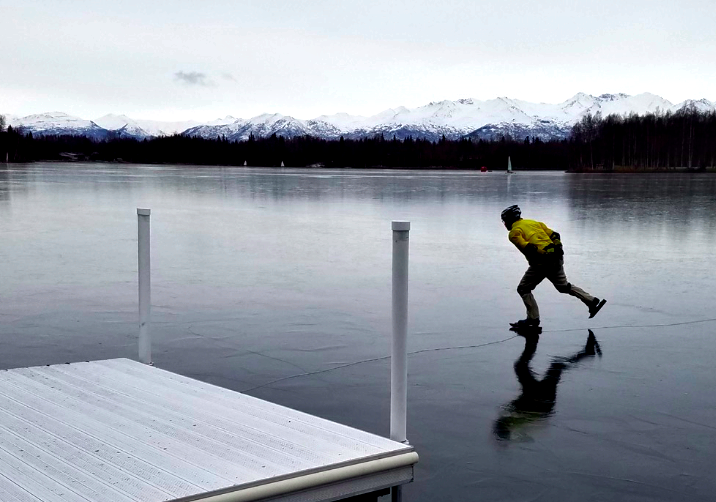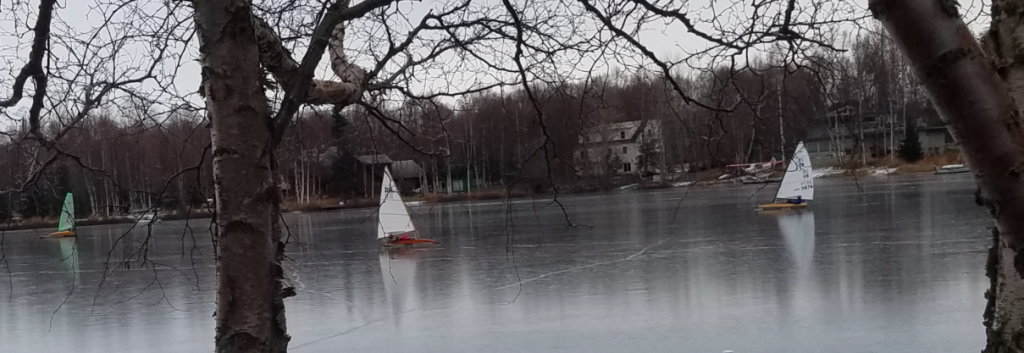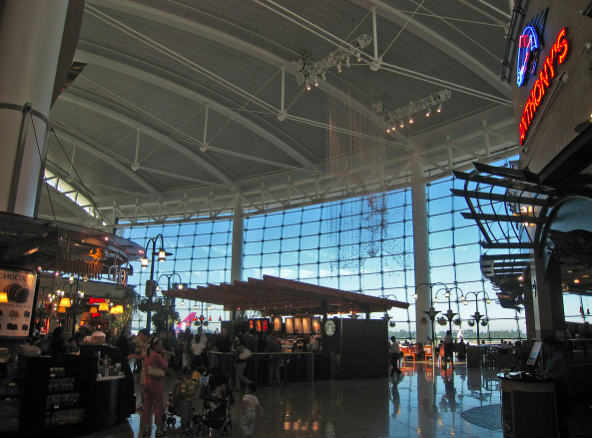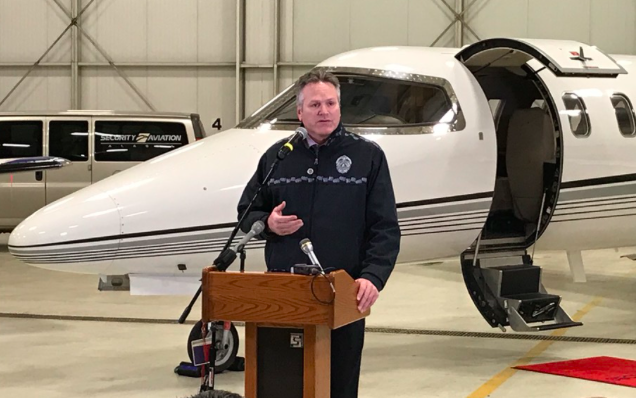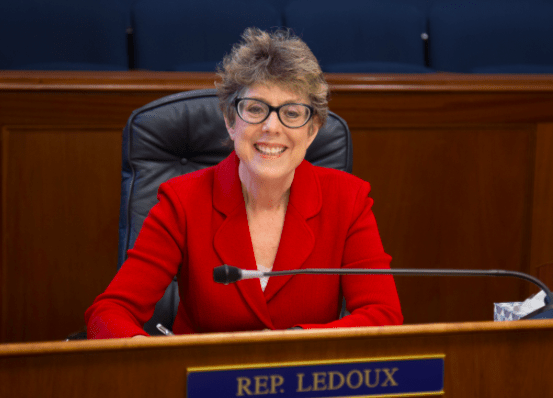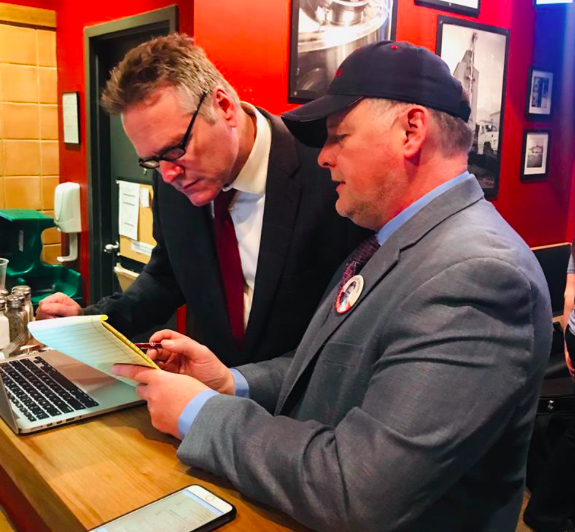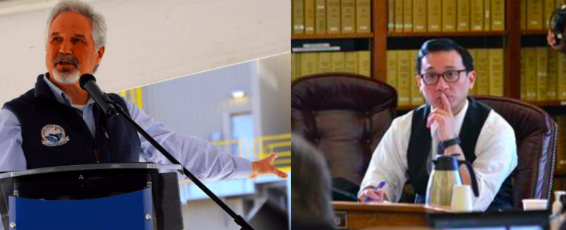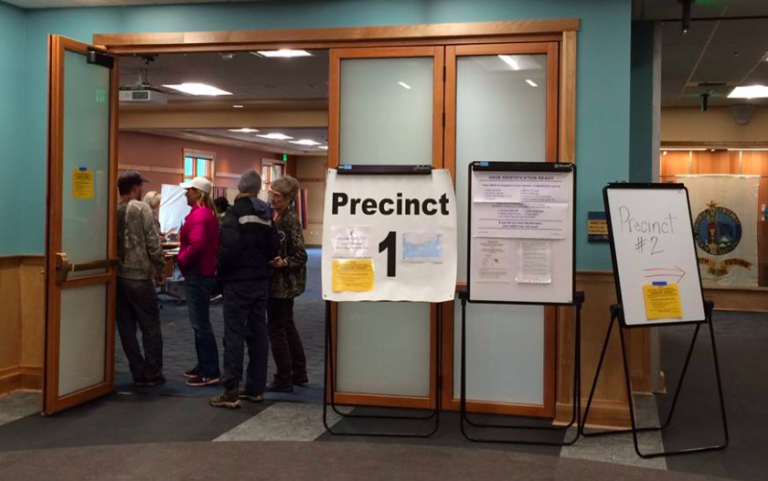HERE’S HOW THEY COULD TAKE OVER
The Nov. 6 election left Alaska House Democrats with perhaps 17 members — or perhaps as few as 15 members. It’s a difficult minority that includes four new legislators.
Then there’s Rep. Gabrielle LeDoux, who ran as a Republican in JBER-Muldoon, all the while planning to take a leadership role in the Democrat-led organization in 2016.
That gets the Democrat minority to 18. They need three more.
But LeDoux is a risky play for them and won’t be their first pick: Rumors swirl about an impending indictment concerning the fingerprints LeDoux has all over the absentee ballot voter fraud scandal in her District 15 primary.
[Read: Getting to the bottom of the shady voting in District 15]
Would Democrats want someone in their caucus who could be indicted? She’s not their first choice and many of them expressed unhappiness with her when she was their Rules chairman from 2016-2018.
This is obviously an awkward position for Republicans, as well. LeDoux wants back in the Republican caucus, but she’s become a liability to both caucuses.
The Democrats know they don’t have a way to reach a 21-member majority, even with LeDoux. Here’s their current known lineup.
District 4 – Grier Hopkins, Fairbanks
District 5 – Adam Wool, Fairbanks
District 16 – Ivy Spohnholz, Anchorage
District 17 – Andy Josephson, Anchorage
District 18 – Harriet Drummond, Anchorage
District 19 – Geran Tarr, Anchorage
District 20 – Zack Fields, Anchorage
District 21 – Matt Claman, Anchorage
District 23 – Chris Tuck, Anchorage
District 33 – Sara Hannan, Juneau
District 34 – Andi Story, Juneau
District 35 – Jonathan Kreiss-Tomkins, Sitka
District 36 – Dan Ortiz, Ketchikan
District 37 – Bryce Edgmon, Dillingham
District 38 – Tiffany Zulkosky, Bethel
Then there are two rural Democrats who could join the Republican majority, if they were welcome:
District 39 – Neal Foster, Nome
District 40 – John Lincoln, Kotzebue
Traditionally, Republican majorities have embraced one or two rural Democrats, and these two come from an area of the state where Gov.-elect Mike Dunleavy has deep ties.
Dunleavy taught in Koyuk and Kotzebue, and his wife Rose is from Noorvik, 42 miles from Kotzebue and 200 miles from Nome.
Both of these rural legislators would enjoy a stronger position for their regions by joining the Republican-led majority, if they are invited.
Right now, with 21 in the recently announced Republican majority organization, the group only needs Rep. Louise Stutes of Kodiak to sign on to have a truly solid 22-member majority, but they could include those two rural seats and that would create a powerful majority of 24.
The Democrats, who held their organizational meeting in Anchorage on Wednesday, have reached out to several Republicans who they see as weak, hoping to entice them over to their 15-17-member majority.
So far, it’s looking unlikely.
The punishment for Republicans who tried that bait-and-switch gambit has been dire: Rep. Paul Seaton of Homer, who ended up leaving the Republican Party under pressure, lost in a landslide victory to Republican Sarah Vance; Rep. LeDoux lost her primary to a challenger who didn’t even run a campaign, until absentee ballots were counted (many of them fraudulent); Jason Grenn, a no-party legislator from Anchorage who aligned with Democrats lost decisively to Republican Sara Rasmussen after serving only one term; and in 2016 musk ox caucus member Jim Colver was ousted in the primary by Republican Rep. George Rauscher.
Only LeDoux of Muldoon and Stutes of Kodiak have hung onto their seats in spite of forming a power alliance with Democrats. And LeDoux is considered politically radioactive as a voter fraud investigation continues.
There’s very little the Democrats can offer weak Republicans this year, and, as history now shows, those who won office as Republicans would find that this is their last term if they formed a majority with the Democrats.
That would include Rep. Gary Knopp of Kenai, to whom we’ve learned the Democrats have offered the speakership, if he’d only flip. Clarification: Knopp says he has not received a call.
They’ll keep trying.

